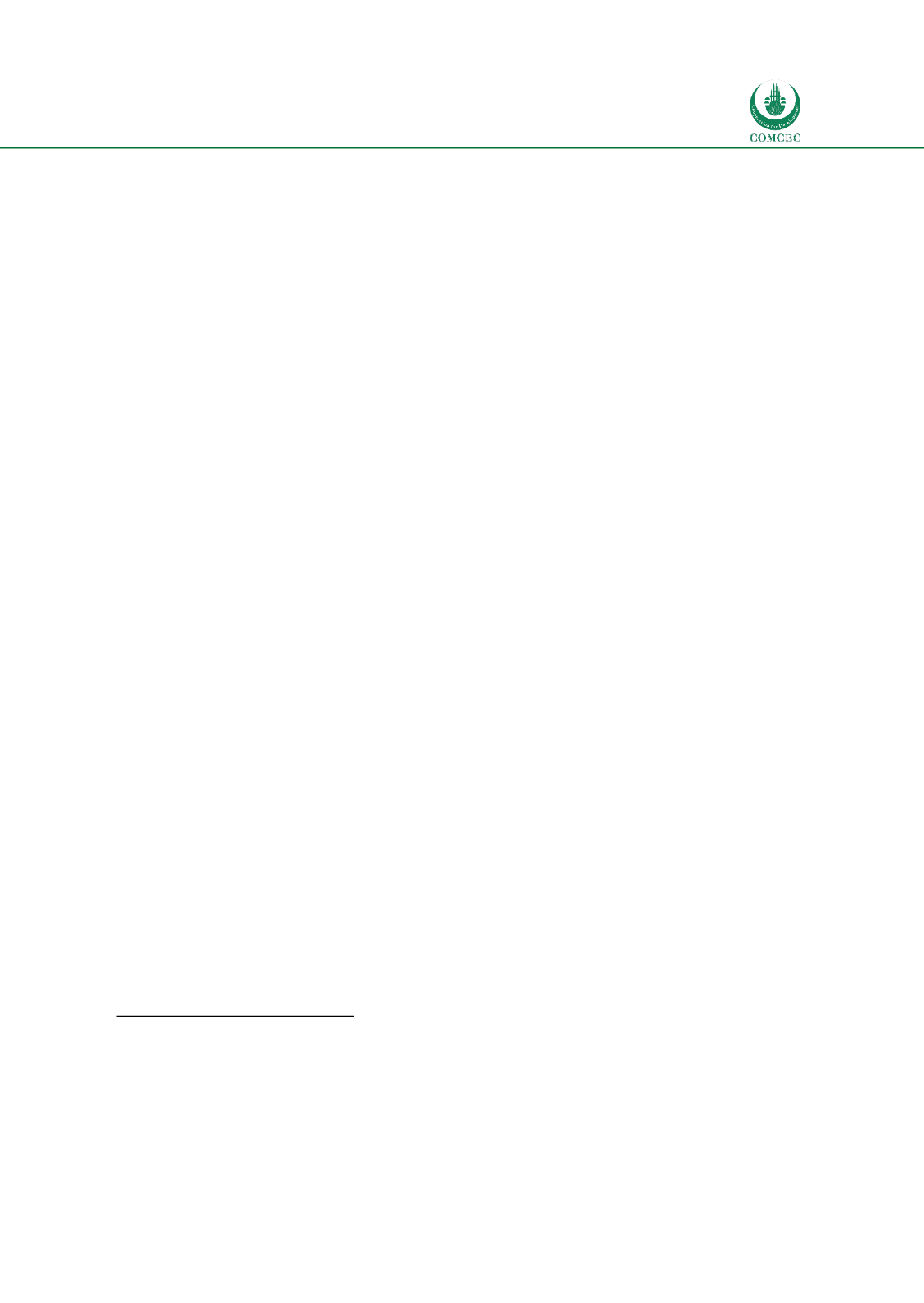

Muslim Friendly Tourism:
Developing and Marketing MFT Products and Services
In the OIC Member Countries
47
In South Korea, the administrative authority of the Gangwon province provided
guides on getting Halal certification and linked producers of Halal products in South
Korea with Malaysia’s certification body JAKIM to get Halal-certification.
94
4.
Destination Marketing
While a tourism offering is a “series of experiences” accumulated as a result of a mixture of a
variety of products and services, the destination itself is the “provider” of these experiences.
Thus, destination marketing encompasses many stakeholders and a complex product offering
that necessitates cooperation and networking of these stakeholders’ activities.
95
This is
probably why destination marketing is the area where government initiatives are needed the
most since it can work as an aggregator as well as a platform provider for communication for
the various stakeholders. Among the initiatives undertaken by governments in this area is the
development of Muslim visitor guides in a variety of formats suitable for different platforms
as well as organizing conferences and industry events in addition to creating strategic
partnerships to help promote the MFT sector. The following sections contain examples
showing a variety of government initiatives in this area:
Muslim Visitors Guides
Tourism Australia has created a Muslim visitors’ guide in collaboration with
HalalTrip detailing “the best places to visit, shop, dine and pray” in Australia.
The guide lists Halal food outlets and mosques in each of Australia’s eight
regions and it was made available in print as well as an eBook format for
tablets and iPads.
96
The South Korean Tourism Organization produced in 2015 a guidebook for
“Muslim-friendly Restaurants in Korea” in English; the guide provides a list of
restaurants providing Muslim countries cuisine as well as Muslim friendly
Korean cuisine Restaurants. It has also produced a “Muslim Food Guidebook”
in Arabic.
97
It has also launched the “Halal Korea” app, to provide information
about Halal restaurants and nearby prayer areas.
98
The Tourism Authority of Thailand has published a number of guides and
brochures targeting Muslim travelers. One of those guides, the “Halal Check-
in Thailand” guide lists Halal-certified restaurants and Islamic Attractions in
the Southernmost Provinces of Yala, Narathiwat and Pattani. The TAT has
also launched an App for both IoS and Android platforms designed to enable
Muslim travelers to locate mosques, Halal restaurants and hotels as well as
shopping centers equipped with prayer rooms around the country. The App
initial version was in Thai and English and is planned to include Arabic and
Bahasa Indonesia.
99
94
”Halal Food makes Global waves.” The Halal Times. 21 Dec. 2014. Web.
95
Soteriades, Marios, “Tourism Destination Marketing: Approaches Improving Effectiveness and Efficiency.” Journal of
Hospitality and Tourism Technology, Vol. 3 Iss: 2, pp.107 - 120
96
“The State of the Global Islamic Economy Report 2015/16” DinarStandard and Thomson Reuters, 2015.
97
“The Contribution of Islamic Culture and its Impact on the Asian Tourism Market”
UNWTO
. In: Regional Seminar on the
Contribution of Islamic Culture and its Impact on the Asian Tourism Market (16-17 November 2015), Brunei Darussalam.
98
Lemon, Jason. “South Korea launches ‘Halal Korea’ app to draw Muslim tourists.” Stepfeed. 1 Nov. 2015. Web.
99
“The Contribution of Islamic Culture and its Impact on the Asian Tourism Market”
UNWTO
. In: Regional Seminar on the
Contribution of Islamic Culture and its Impact on the Asian Tourism Market (16-17 November 2015), Brunei Darussalam.
















